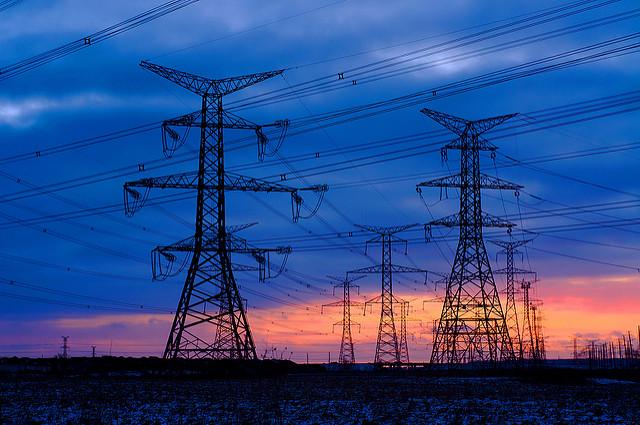
Our politicians’ public discourse is a reflection of our general collective interests as a populace. If the latest presidential election is any indication, then we as a society are clearly more interested in hearing ad hominem attacks than either side’s concrete ideas about how to make America “great” or “whole” or whatever slogan adjective of your choice.
One topic that has fallen by the wayside in all three presidential debates is energy policy. A direct question on energy was only brought up once during the entire debate season at the very end of the second town-hall style debate by Ken Bone. During the other debates, Clinton mentioned a push for clean energy when the questions addressed jobs and trade. While the discussion on all issues has ranged from lackluster to appalling, the absence of substantive talk on energy policy has been particularly disturbing in light of a few recent events.
Just last week, during the early afternoon on Halloween, an explosion and fire killed one worker and injured five others at the Colonial Pipeline — the largest refined oil pipeline in the country — southwest of Birmingham, Ala. This was after a 250,000 gallon oil spill located in a wildlife refuge was discovered along the same section of the massive pipeline in September, spurring gas price hikes and concerns about water quality near the pipeline leak.
If you think these events are too recent for the presidential campaigns to have addressed, then let me mention a little thing called the Dakota Access Pipeline. This natural gas pipeline has united “scores of Native American tribes” in protest since April of this year, if not earlier, according to the New York Times. National Public Radio (NPR) reported last Tuesday, Nov. 1, that over 1.5 million Facebook users “checked in” to the Standing Rock Indian Reservation page after clashes between police and protesters became violent. All of these examples point to the implications of our energy systems and our ignorance of them.
The U.S. not only has issues with oil and gas transportation infrastructure, but also with job loss within economies that have depended on the fossil fuel industry for generations. In a broader sense, the U.S. also has issues with importing oil to support our country’s huge energy demands. Energy policy has not produced rallying cries like Trump’s infamous call to “build a wall” or Clinton’s insistence on closing the gun show loophole. I get it — energy policy is more abstract than immigration policy, race relations or the economy. All of these topics that received more airtime were deserving because these topics represent serious questions about the United States’ core identity. However, current energy policy poses just as serious questions, not only in economic terms but also environmental and cultural ones. Domestic energy policy’s role in international affairs is also staggering when one considers carbon emissions treaties and fuel trading coalitions.
America deserved more discussion and scrutiny on energy policy this election season than one direct question and some bickering about solar panels and the legitimacy of climate change.
